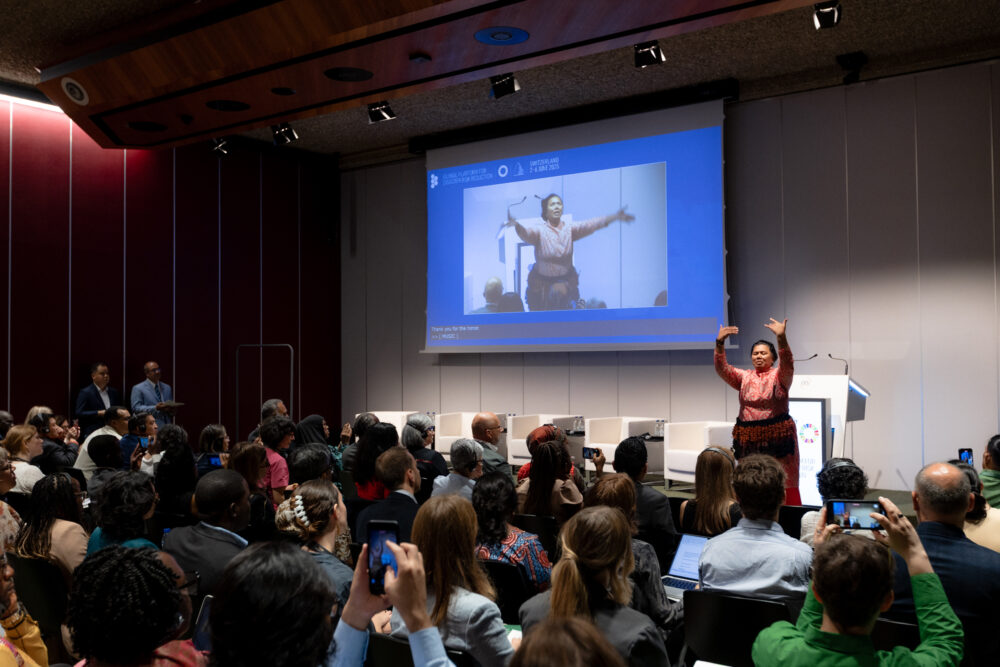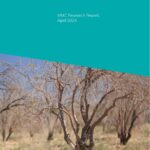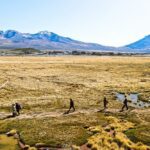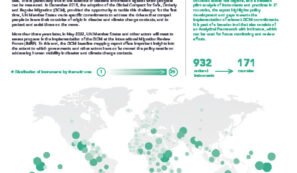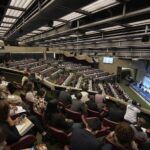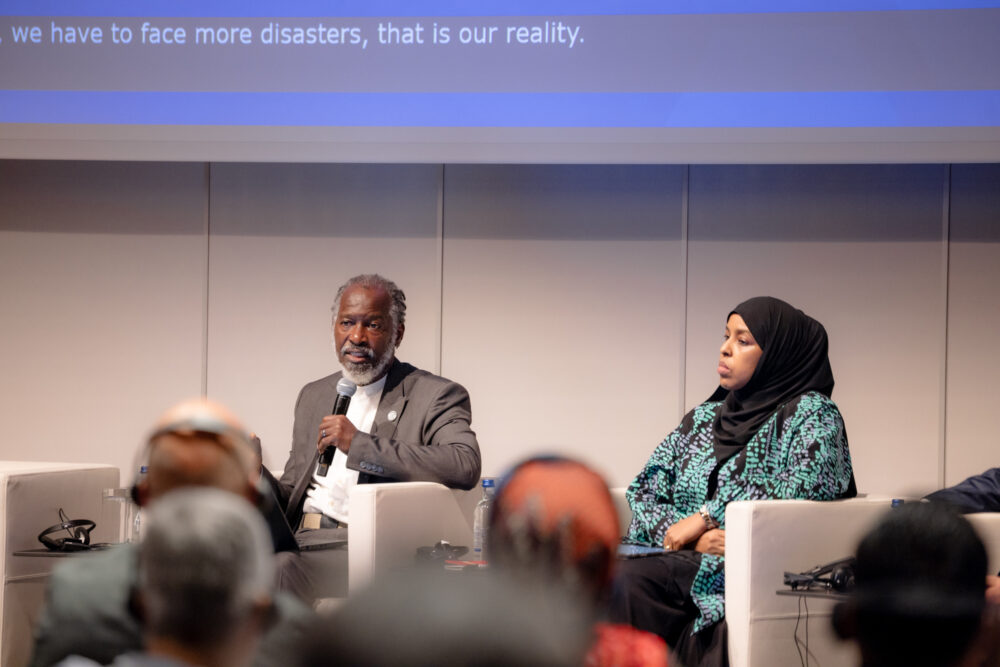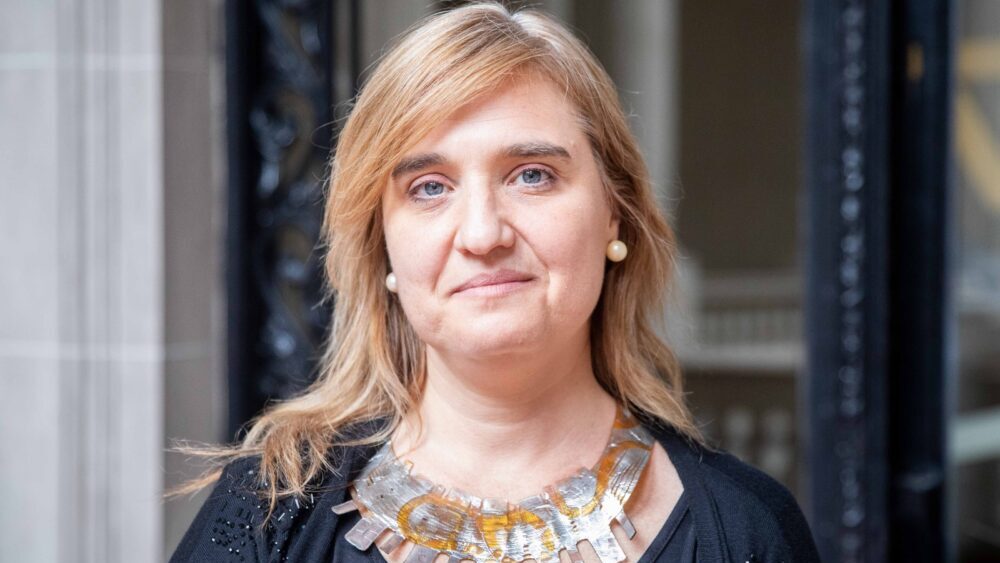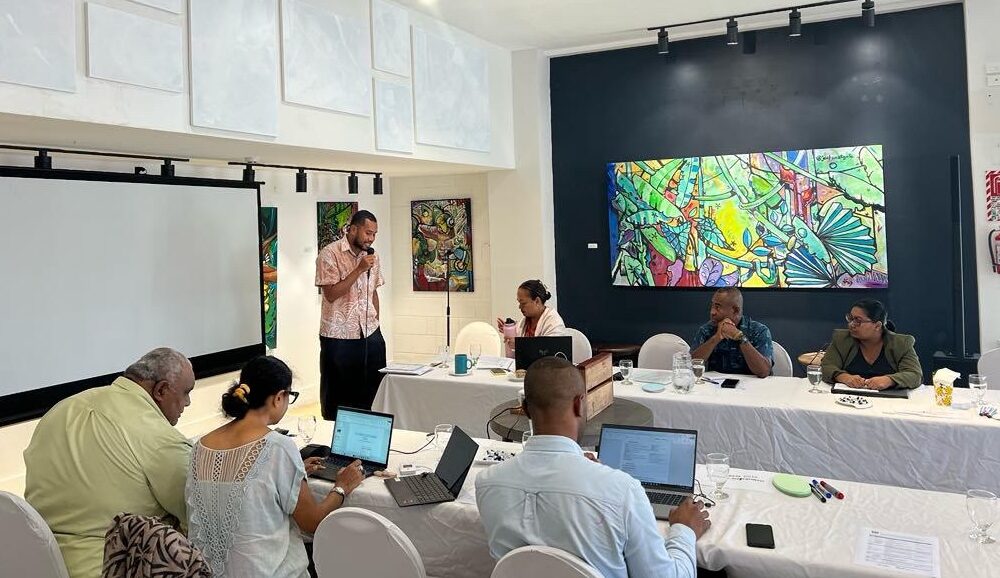During the 2025 Global Platform for Disaster Risk Reduction (GP25) held in Geneva from 4-6 June 2025, the PDD organized a side event called Displacement in Disasters- Participation and Innovation for Resilience that featured a dance performance by Tongan activist Ms. Makelesi Ngata, who is affiliated with the Pacific Women’s Indigenous Network.
In a follow-up exchange, she reflected on her inspirations, the role of cultural traditions in connecting communities, and the importance of resilience and hope.
PDD Secretariat: Can you share your key highlights from GP25?
Makelesi: One of the key highlights for me was the plenary discussions about the importance of inclusion, collaboration, and sustained engagement on issues of resilience and disaster risk. I found it deeply heartening to hear senior leaders not only address global policy concerns but also connect meaningfully with local perspectives. It was a reminder that solutions to disasters cannot be found solely in reports or on laptops; they must also come from our human capacity to listen, understand, and act together. I was particularly struck by the reference to Talanoa which is a Pacific Island practice of open, inclusive dialogue where anyone can share their views on any topic, ensuring that every voice is heard. This spirit of genuine conversation is, I believe, essential for building resilience that truly serves communities.
PDD Secretariat: How can traditional knowledge and practices be integrated into disaster risk reduction, and why is it important to highlight them in a global platform like GP25?
Makelesi: In my speech, I spoke about traditional knowledge by drawing on key elements from Tongan culture such as the Ta‘olunga, our cultural performance dance; the Siva Samoa, which is similar but unique to Samoa; and Hiva, the Tongan songs that combine music and movement. These aren’t just performances; each carries stories passed down over many generations, through oral traditions, some stories being shared openly, others preserved like sacred archives, told only at the right time. This knowledge is precious because it holds the heritage, values, and identity of our people. While some of it has been published by Pacific authors writing on subjects like Moana theology or Kava theology: its authenticity and essence remain rooted in the lineage from which it comes. When I speak about these traditions, I do so with humility and deep respect, ensuring their originality and value are preserved. For me, traditional knowledge isn’t simply about maintaining the past, it’s about honoring the voices, stories, and wisdom that shape who we are today.
PDD Secretariat: Could you tell us a bit more about the Ta‘olunga dance you performed at GP25, especially its meaning, story, and main message?
Makelesi: The Ta‘olunga I performed at GP25 was set to a song composed by a Tongan man named Dohi. He wrote it as a tribute to the island of Ha‘apai, its people, and its land, all of which were deeply affected by the volcanic eruption and tsunami during the Hunga Tonga–Hunga Ha‘apai volcanic eruption on 15 January 2022. His lyrics capture the lives, struggles, resilience, and losses experienced during that tragedy. I can’t take credit for the story because it is his heart, his pain, and his love for his people that shaped the song. My role was to translate that into movement, creating the first Ta‘olunga for his piece. Before performing it, I sought the consent of the elders to ensure the choreography aligned with the story, honored the cultural traditions, and paid true homage to the people of Ha‘apai. For me, it was both an honor and a responsibility, not just to perform, but to preserve and pass on this story in a way that resonates with the spirit of the community it represents.
PDD Secretariat: What happened after the volcanic eruption in January 2022?
Makelesi: When the volcanic eruption and subsequent tsunami struck Tonga, especially impacting the islands of Ha‘apai and ‘Eua, it caused widespread devastation and immense trauma for many families. Communication lines were completely severed especially during the initial days, making it extremely difficult for loved ones to connect. Families on the main island of Tongatapu, particularly in Nukualofa, were desperate to reach relatives on Ha‘apai and ‘Eua, but had no reliable means to do so. Many homes were destroyed, lands were swept away, and children were left vulnerable in the chaos.
Despite funding, supplies, and support from international aid organizations and the Pacific governments, coordination was difficult and many people were left without adequate support. I was honored to be part of a team at Mount Smart Stadium in Auckland, where we packed containers filled with essentials to send to Tonga. The response from Pacific communities and churches across New Zealand was inspiring: everyone came together to contribute whatever they could, from water and clothes to canned food. It was a true expression of Pacific solidarity and care during a crisis. Today, recovery continues, though it is gradual. New Zealand has been instrumental in sending building materials and contractors to help rebuild homes in Ha‘apai and ‘Eua. While much work remains to be done, the resilience of the people and the support from regional and global partners give hope for restoration and renewal.
PDD Secretariat: Could you share a bit about Pacific WIN, especially the work you do together, and their role in supporting your presence at GP25?
Makelesi: Pacific WIN (Pacific Women’s Indigenous Network) is an incredible community and platform that I am honored to be a part of. Pacific Indigenous Women’s Network (PIWN) was incorporated in 2019 whose mission is to protect and advance the human rights of indigenous women, their families and communities, in the Pacific Region through the formation of strategic alliances with other indigenous women and their regional associations. PIWN aims to facilitate projects that address cultural preservation, poverty alleviation, education, social development, justice, knowledge systems, self-determination, human security, capacity building, and other human rights related undertakings. We hope to ensure and advocate for the principle of gender equality in governmental, social, cultural, political and economic arenas, and to support and engender the participation of Pacific indigenous women in all facets of civil and political policy making and social life. The network aims to oppose all forms of violence and discrimination against Pacific indigenous women and children, such as trafficking, gender-based violence, domestic violence, and armed conflict and militarization. Lastly, the organization aims to mentor young indigenous women of the Pacific and enhance their knowledge, skills and abilities as leaders of the region.
Personally, being part of Pacific WIN has been a journey of growth and mentorship. Through initiatives such as the Pacific Youth Platform and the Pacific Migration Platform, we work to represent young Pacific voices on a global stage, allowing them to speak on issues affecting their cultures, communities, and resilience. Pacific women have acted as mentors, guiding me and many other young representatives from Niue, Fiji, Vanuatu, Rojuma, Samoa, Nauru, Nepal, Tonga, Australia, Hawaii, Samoa, Aotearoa New Zealand, and beyond. Their mentorship extends beyond guidance; it’s rooted in deep cultural values like karakia (prayers), loto tō or loto to) means humility. Resilience, solidarity. Fostering strong collective bonds through values like ‘ofa (love and care). Practicing faka’apa’apa (respect), and engaging in talanoa (dialogue) within framework of kainga (extended family) globally .

PDD Secretariat: Do you have a final message for the leaders shaping the future of disaster risk reduction?
Makelesi: My message to leaders and change-makers is inspired by the traditional Tongan practice of laying out mats to foster open, respectful conversation—symbolizing unity, compassion, and meaningful dialogue beyond formalities. This symbolizes unity, compassion, and heartfelt dialogue beyond formal procedures or rigid structures. In these moments of Talanoa refers to a traditional form of open, respectful, and inclusive dialogue rooted in Pasifika (Pacific) cultures, encompassing not just conversation but also the act of sharing stories and experiences to build connection, community, and shared understanding. It’s a method for co-producing knowledge, fostering relationships, and connecting people by providing a safe, collaborative space to discuss any topic openly and honestly.
Though we cannot undo the devastation and loss endured, especially among Indigenous peoples who have lost lands languages and culture, we can offer a message of hope, faith, and compassion. Such hope can inspire healing across generations and help build a future rooted in hope, even in the hardest times. I have seen how sharing this message moves people deeply, giving them hope to carry back to their communities. If leaders approach their work with this spirit, their efforts will be a labour of love that transforms lives and honours the resilience of all peoples facing disaster and loss.
Header Photo: FG for UNDRR

